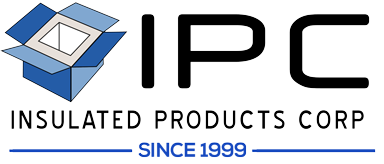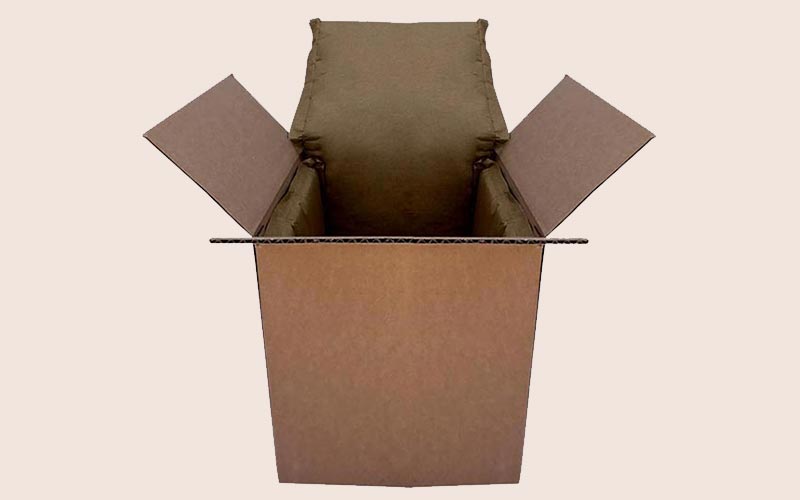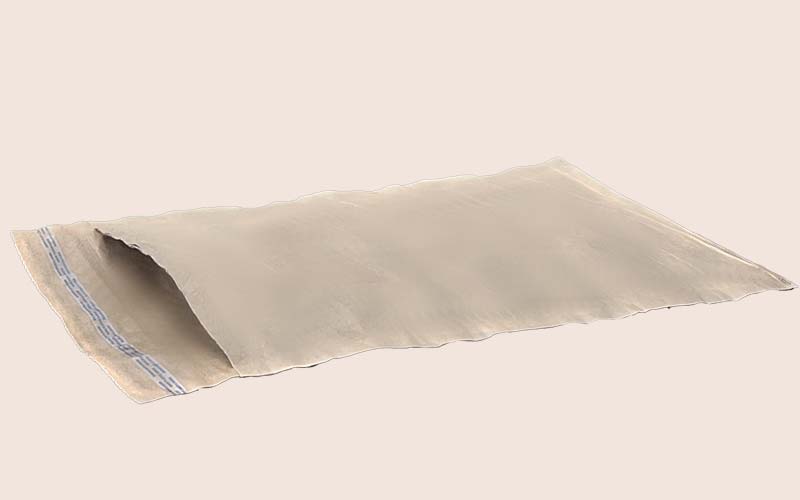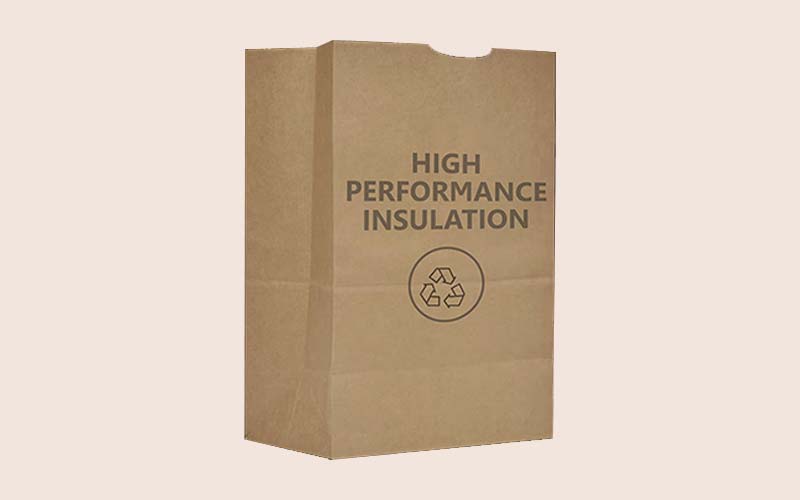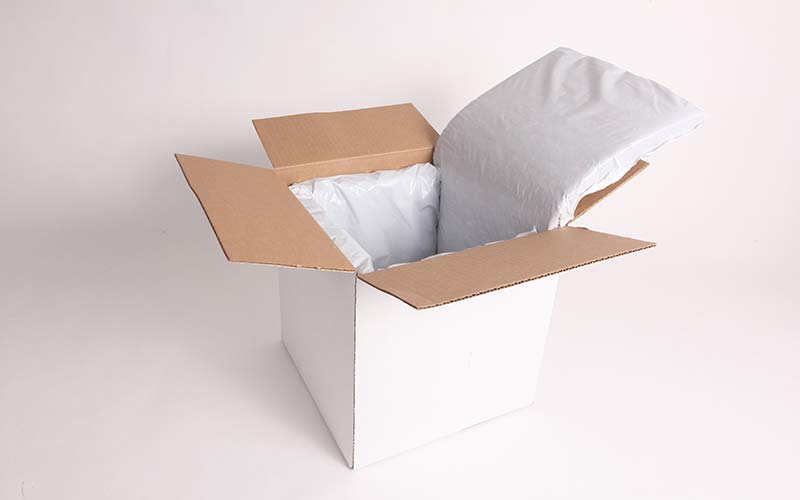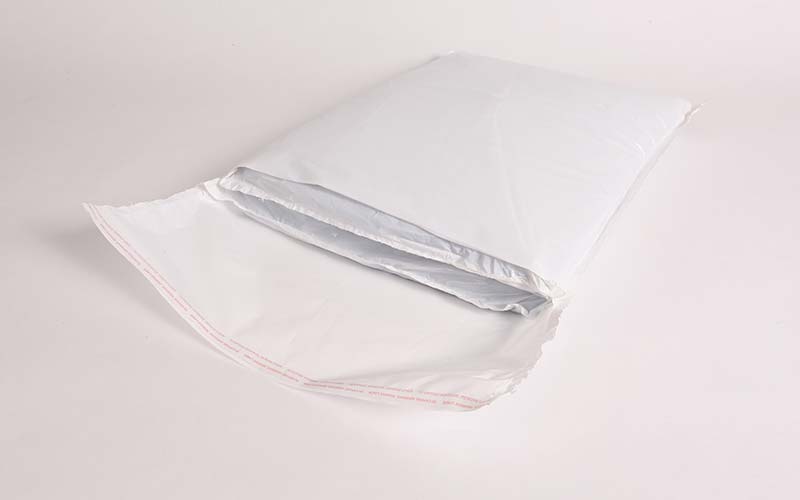As more and more people turn to the convenience of home delivery for a variety of products, the issue of packaging sustainability is increasingly pressing.
This is made clear in a recent market research report from McKinsey which revealed that nearly half of US consumers are either very or extremely concerned by the environmental impact of packaging.
If your business ships temperature-sensitive goods and wants to put the minds of your customers at ease, then you should consider IPC’s range of environmentally friendly insulated packaging.
Environmentally Friendly Insulated Packaging
For more than 20 years, IPC has been at the forefront of research and development into environmentally friendly alternatives for recyclable insulated packaging. CelluLiner and EcoLiner are two of our most sustainable insulated packaging materials.
CelluLiner
CelluLiner is a paper-based insulated packaging material that’s curbside recyclable and protects room temperature, refrigerated and frozen shipments for up to 48 hours.
Its impressive thermal performance is down to its multi-layered design of cellulose insulation panels containing thousands of small air pockets per cm3 that substantially slows heat transfer.
This multi-layered interior is encased inside a paper external lining for added temperature control and a clean, professional appearance. Business can also opt for the EconoCell variation, in which the layered paper interior is encased in a recyclable plastic outer lining.
CelluLiner is available in the following formats at custom sizes tailored to your needs:
CelluLiner Box liner
IPC’s environmentally friendly paper insulated box liners come as two separate three-sided panels that interlock to form a box shape in just a few seconds. They’re then ready to be placed inside the box alongside your temperature-sensitive goods.
Thanks to this design, CelluLiner’s box liners are fully collapsible for space and cost savings during transit and storage.
Once the customer has received their goods, they can simply fold up the box liners and leave them out for curbside recycling.
Pouch/envelope
Celluliner insulated pouches are perfect for consumer deliveries of small items such as chocolates or cheeses.
They come with a peal-and-seal adhesive strip and can be easily disposed of alongside other paper-based recycling when no longer required.
Delivery bag
CelluLiner paper insulated delivery bags are an ideal option for last-mile deliveries of groceries and other temperature-sensitive goods.
As with all other CelluLiner products, the delivery bags are extremely lightweight, offer superior thermal protection and can be conveniently recycled curbside after use.
EcoLiner
EcoLiner is IPC’s other most environmentally friendly insulated packaging material. It is made from biodegradable denim fibers that are tightly woven to trap air and substantially slow heat transfer.
This insulating panel is then wrapped in a bio-based film to further inhibit air flow, ensuring your room temperature, refrigerated and frozen goods are protected for more than 48 hours.
Unlike standard expanded polystyrene (EPS) coolers, EcoLiner biodegrades naturally over time so it won’t end up clogging landfills.
As with CelluLiner’s range of environmentally friendly insulated packaging, EcoLiner is available in various formats at custom sizes tailored to your needs.
Box liner
EcoLiner box liners share the same three panel design as CelluLiner box liners.
Aside from being easy to assemble, they arrive in a collapsed and compressed format which makes them 75 percent more space-efficient that the equivalent in molded EPS coolers.
Pouch/envelope
EcoLiner pouches are lined with a 1.5” thick thermal wall. They are the perfect solution for shipping small temperature sensitive items that require more than 48 hours of protection.
The environmental issues with traditional thermal packaging
IPC’s range of environmentally friendly insulated packaging is becoming increasingly urgent as consumer demand for deliveries increases alongside escalating environmental crises.
Traditional thermal packaging is typically based on polystyrene which is neither recyclable or biodegradable. As such, it only contribute to the environmental problems we face.
Authorities at local, national, and international levels are starting to wake up to this and have begun implementing restrictions to limit the use of EPS. More than 30 countries have introduced restrictions of some kind, while in the US nine states have put restrictions of their own in place.
This is good news for the environment but if your business currently ships temperature-sensitive goods, especially foods, using EPS containers then you need to start thinking about environmentally friendly alternatives for insulated packaging.
IPC can help with this. Get in touch with us today to find out how we can ensure you deliver environmentally sustainable insulated packaging for your customers with no reduction in thermal performance.
